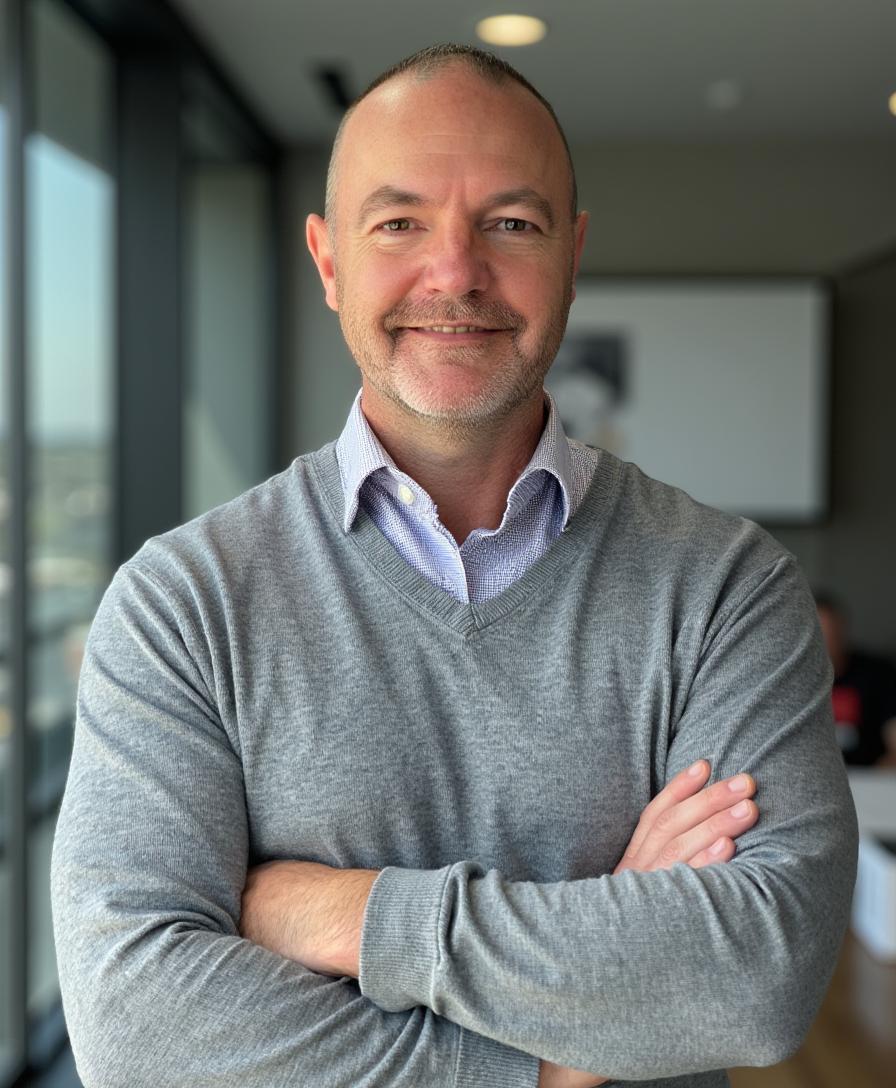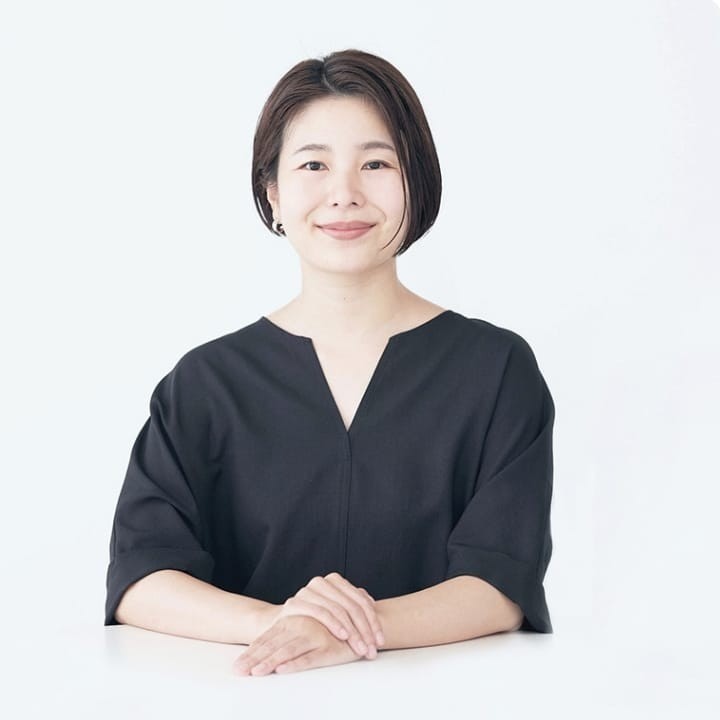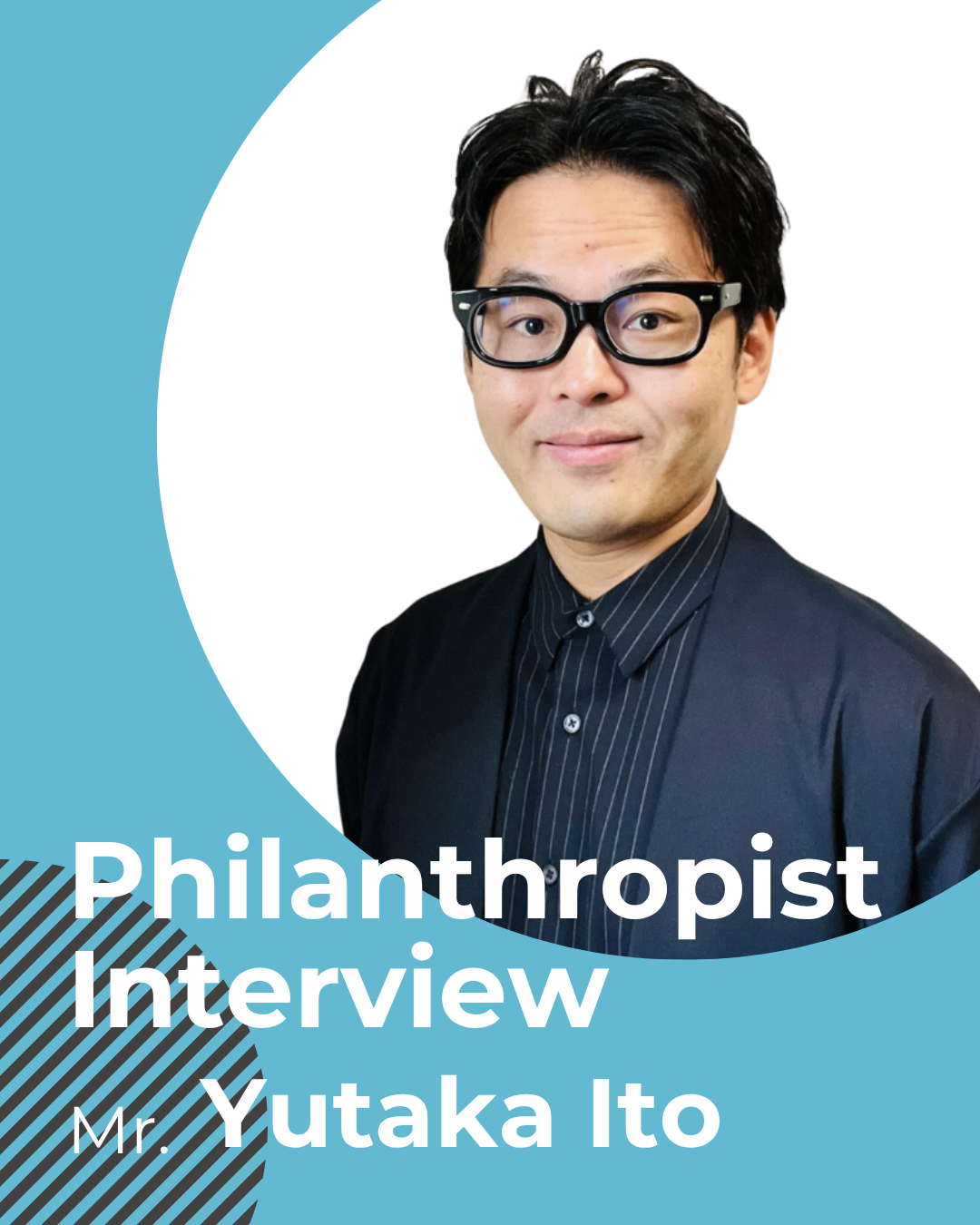INFO

Walter Sweet: From Serendipity to Strategy — Inside the Work of a Philanthropy Adviser


Profile
Walter Sweet
Rockefeller Philanthropy Advisors, Co-CEO & PresidentWalter leads one of the world’s leading philanthropy organizations and is a seasoned philanthropy expert who has served as an advisor at Rockefeller Philanthropy Advisors (RPA) for nearly 25 years. Drawing on his deep experience working with foundations and families supporting areas such as public health, community development, and education, he has helped shape regulations and best practices that advance effective philanthropy. He has contributed to major publications such as The Wall Street Journal and Financial Times, and has spoken at numerous philanthropy conferences around the world. Walter holds a bachelor’s degree in American history from Columbia University and previously served as a program officer at the New York Community Trust.
Rockefeller Philanthropy Advisors (RPA)
RPA is a global nonprofit that supports effective giving to create a just world. Founded in 2002, RPA advises and manages over $500 million in annual giving and provides fiscal sponsorship for 100+ projects across 70+ countries.
When a chance visit to the New York Community Trust set Walter Sweet on an unexpected path, he discovered that deploying capital with strategy and patience could be as powerful as passing new laws. Nearly twenty-five years later, the former campaign staffer is a leading voice at Rockefeller Philanthropy Advisors (RPA). In this interview he reflects on the skills new donors need, the projects that continue to keep him up at night, and why great advisers must learn to become lighthouses, not captains.
Q1 Was your entry into Philanthropy planned or purely accidental?
Entirely accidental. I was an American history student with a focus on the African-American experience and I became interested in injustice. Back then I believed politics was the obvious route to change, so I joined Democratic campaign teams. Once inside, I realised this work was not only short-term but also focused on retaining power. This left little room for tackling deep-seated issues.
Then, a friend alerted me to a job at the New York Community Trust. I’d never heard of a “community foundation” before, but the idea of pooling funds and reinvesting them in local solutions struck me like lightning. Here was a place to dig into problems, deploy money strategically, and track outcomes over time—the frontline of the social change I wanted. One epiphany, and I’ve spent twenty-five years in this field.
Q2 Young Japanese philanthropists are emerging. What Experience should they gain first?
Field experience and experience running a business or charity is important. Otherwise, strategy stays theoretical. Just as the best venture capitalists understand how businesses run, funders need first-hand knowledge of what it takes to hire people, grapple with operational responsibilities, and deliver results. When you’ve wrestled with payroll and team targets, you won’t impose impossible Key Performance Indicators (KPIs) or withdraw funding overnight. When you haven’t, a flawless plan on paper will shatter against the reality on the ground. So, I urge young people: start by immersing yourselves in frontline work. That way, when you come to philanthropy or impact investing, you have the experience to understand whether a charity or social investment makes sense, and how best to implement this work.
Q3 What is essential for next-generation wealth holders who want to give well?
Practise linking money to your own values. Heirs or new Initial Public Offering (IPO) millionaires often tell me, “I want to help, but I don’t know where to start.” Families often teach the value of money to children with a small grantmaking pilot inside a family foundation or donor advised fund that helps them understand how to steward capital, measure results, and decide how much risk you’ll tolerate. Because this generation is comfortable with technology and impact investing, they can weave grants, investments and business ventures into flexible approaches. That’s a real strength.
Q4 What kind of clients does RPA usually advise?
People who want to work with us are trying to solve a problem. Donating general support to the opera or a museum is wonderful, but you don’t need our help for that necessarily. If you want to address homelessness, accelerate net-zero, or expand access to rare disease treatments—issues with no single right answer—you should develop a thoughtful approach. This includes learning what other donors are doing, and considering the entire arsenal of resources you have to bring: capital, expertise, strategy, governance and partners. Our work ranges from research and theory of change to field pilots and family governance, and if necessary we manage the assets as well. When we work with professionals in philanthropy, we often incubate innovative projects, testing new ways of tackling important problems.
When working with families, we often see founders who view philanthropy as a way to knit the family together. We design structures where the founder still leads but children and grandchildren share decisions. When it works, family dialogue deepens and impact grows organically. It’s a way to contribute to a better world while expressing family values and legacy through tangible change.
Q5 Which projects have stayed with you the longest?
First, launching a US $3 billion health-conversion foundation. A Catholic insurer was sold, and the proceeds moved into a charitable trust. Balancing faith values, state regulations and local health needs was challenging. By focusing on the social determinants of health, such as child nutrition in poor districts,nutrition or safe housing for the elderly, we created an enduring institution that continues to serve the needs of New Yorkers.
Second, a partnership with the founding family of a home-goods chain with a thousand U.S. stores. The founder said, “Let’s find a problem that is neglected by donors generally,” and from our research he chose to tackle the nursing shortage. We built an integrated programme, including scholarships, workplace improvements and advocacy. Our team handled data analysis, stakeholder brokering and governance, so that every generation of the family could contribute. The initiative scaled nationwide.
Q6 What qualities are non-negotiable for a great philanthropy adviser?
Three: a map, relationships, and ego control.
The map means mastery of grant regulations, tax law and current philanthropy trends, so that you can navigate complex options.
Relationships matter because you have to build trust with major donors or wealthy families who instead of a constant sales pitch need a neutral, trusted adviser. This is important to being able to counsel effectively.
Ego control helps you to remember that you are an advisor and that your job is to help donors decide on how they can best make a contribution. In other words, the money is the client’s, not ours. Advisers should be lighthouses, not captains. With those three in place, clients speak candidly, act confidently, and their impact multiplies.
Q7 How has the field changed in the past twenty years?
Barriers to entry in the field of philanthropy advising have dropped, styles have diversified. Some advisers focus on climate justice, others on global human rights, still others pair advisory services with Environmental, Social, and Governance (ESG) investing. Quality varies, but more choice is healthy. It does mean donors need sharper literacy to pick the right partner.
Q8 Your advice to someone in Japan ready to start giving?
Try to get to know players that are working to solve problems in your chosen field and find approaches or new problems that move and motivate you. When you get a better sense of the issues at play, the talents of those working on them, and understand the risks and returns, you can begin to experiment with how you can best contribute or solve problems. Ensuring that you’re working on challenges that resonate for you or your family is key because it can lead to a stronger commitment or even a desire to champion an issue.
Money isn’t the only asset—connect allies, amplify policy conversations, lend professional skills. Once all those resources align with your passion, momentum follows naturally.
Editor's Note
Back in 2016, while I was in graduate school, Walter took me into RPA even though no formal internship existed. He taught me the craft of philanthropy from the ground up. When I founded Philanthropy Advisors Inc., he reviewed the business plan, opened his network, and still sits on our advisory committee. I turn to him whenever I hit a wall. My gratitude is endless.
Interviewer: Co-CEO Yuko Koshiba
TOP


